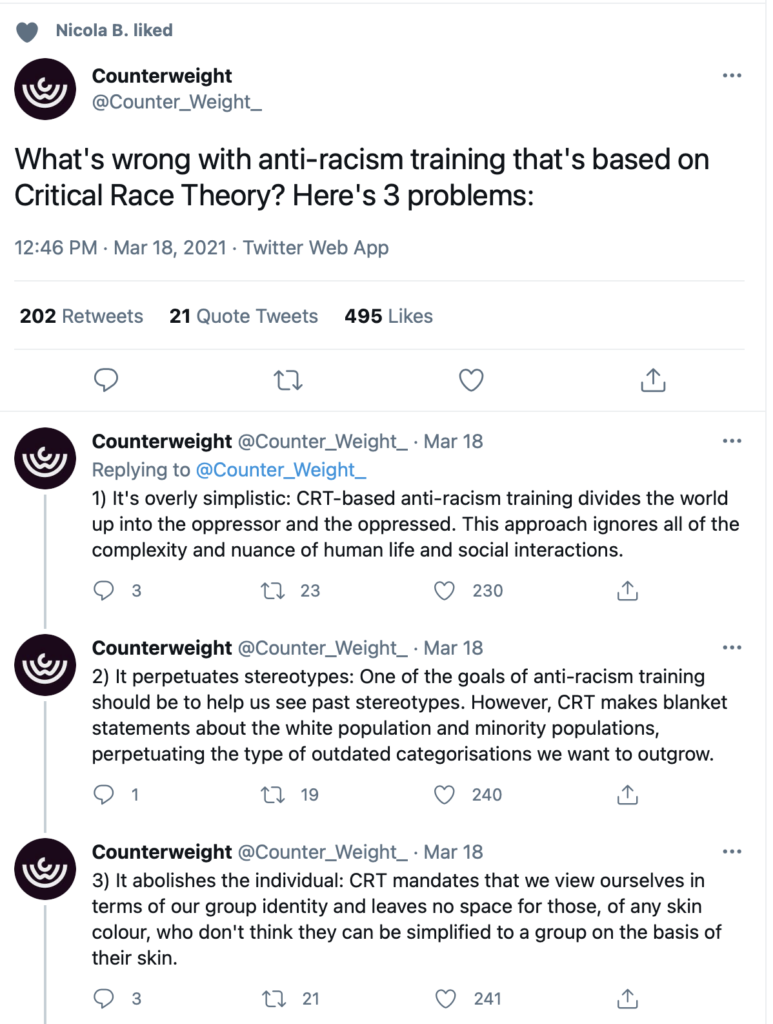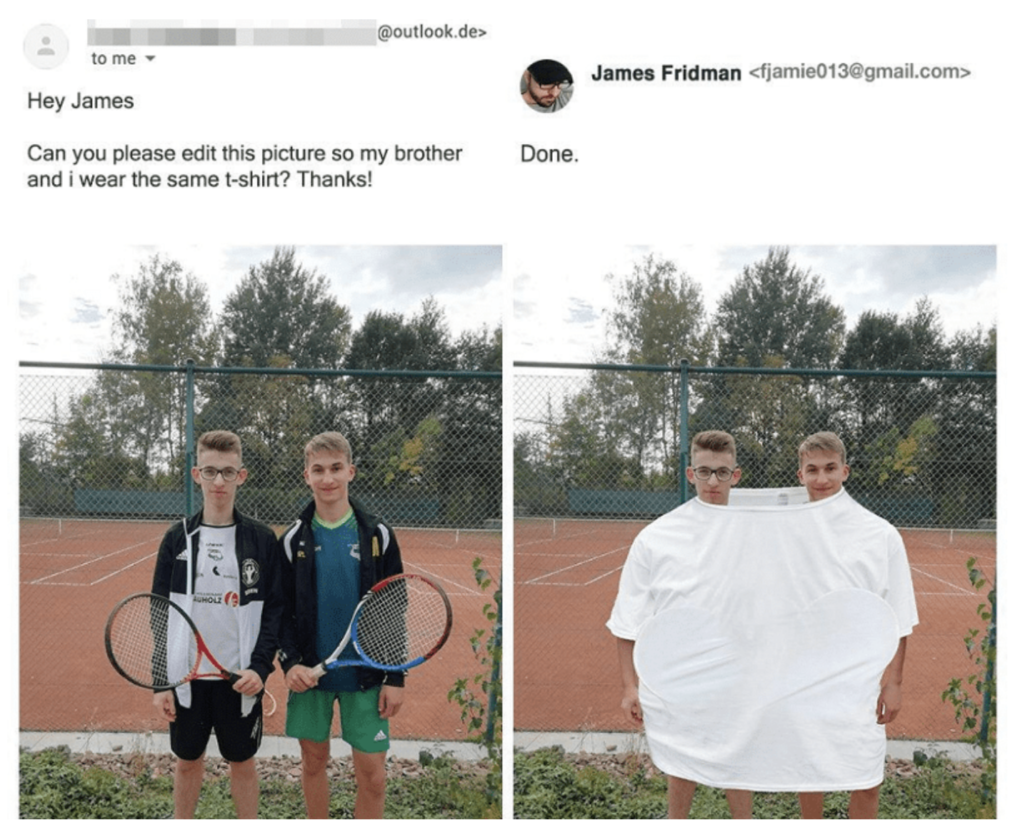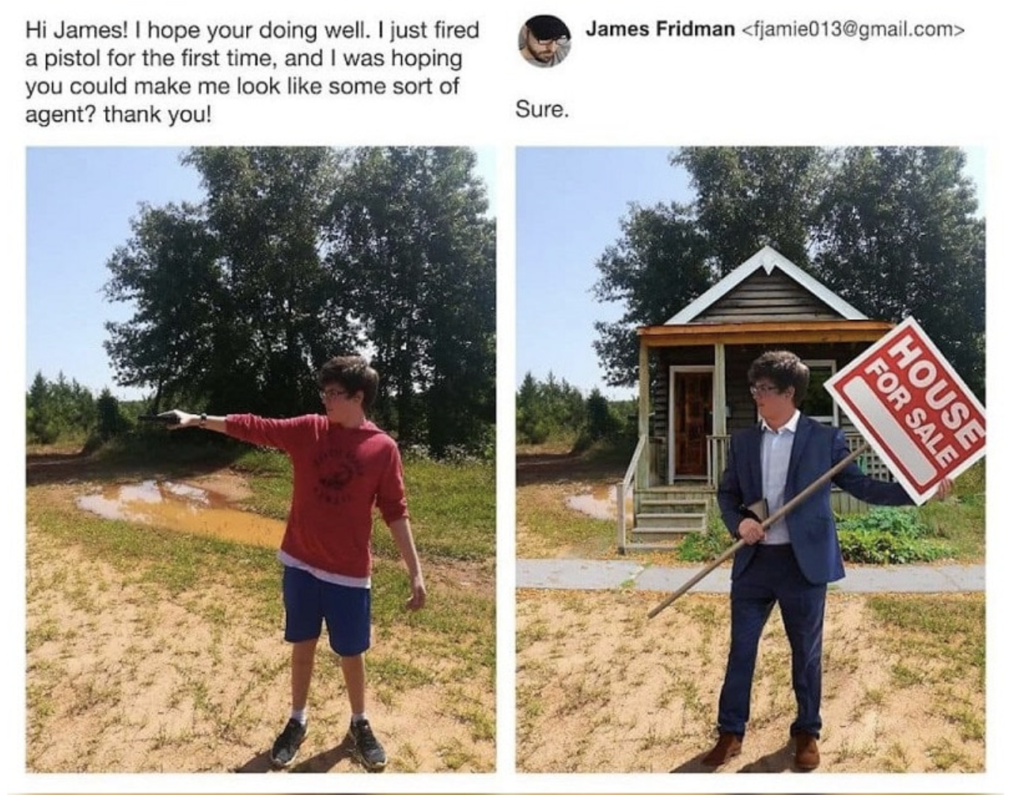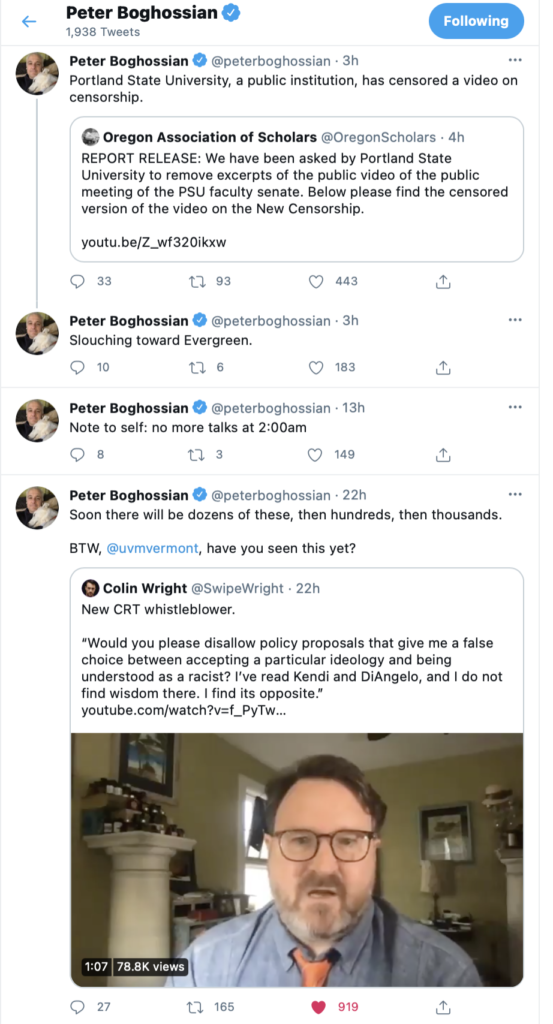Peter Boghossian: Don’t Mistake Criticism of Ideas for Harassment of People
Professor Peter Boghossian of Portland State has been called a "bully" and accused of harassment by a colleague, Dr. Jennifer Ruth, professor of film studies and vice president of grievances and academic freedom at Portland State University. Ruth set forth her accusations in a paywalled article published by the Chronicle of Higher Education. Boghossian recently responded with a detailed letter to the editor at the same publication. Boghossian's response takes aim at a set of recurring problems, all of them related to Woke Ideology. These problems are currently exploding into view at many American universities. I am quoting Boghossian at length because his letter succinctly identifies Ruth's hypocrisy--her unwillingness to subject her ideas to meaningful criticism in a meaningfully public venue.
As Boghossian points out, this dispute exhibits multiple iterations of ironic hypocrisy in that the topic of Ruth's alleged distress is that she should be able to attack people and ideas, face no meaningful pushback, at an institution dedicated to dissecting and critiquing ideas, at which she serves as a VP of "grievances." And she has chosen to protect her original accusations against Boghossian (and is colleague, Dr. Bruce Gilley) behind a paywalled article. Gilley has written his own response here. Intellectual dysfunction doesn't get any better than this. Boghossian does a great job of setting forth some basic principles common sense at his publicly available article:
By claiming that criticism of published ideas and pedagogical models is harassment, and by creating institutional mechanisms that erect barriers to wholly appropriate critique, entire lines of scholarship become exempt from scrutiny. The academic process depends on having the freedom not only to state ideas but also to criticize other ideas. Limiting criticism in academia is tantamount to telling potters they can make all the clay pots they want so long as they never use clay. This is particularly disturbing because the claims in question — almost always about race, gender, and sexual orientation — are presented as knowledge and then used to influence public policy.
It is worth noting that criticism is framed as harassment only by academicians working in certain domains of thought that are in Critical Theory’s orbit. Civil engineers are not claiming that criticism of truss bridge design is harassment. Physicists are not claiming they’re being persecuted when their contributions to quantum theory are criticized. Philosophers are not claiming victimization when their arguments about free will are scrutinized. Claiming criticism is harassment occurs when a discipline’s North Star is not Truth, but ideology.
The internal rationale for calling criticism “harassment” is as simple as it is absurd: because these Critical Theories are believed to proceed from one’s “social position” as an occupant of some “identity category,” the person and her ideas are treated as though they overlap. They do not. Thinking they do is a dangerous mistake for anyone to make, not least institutions that are nominally devoted to Truth. The backbone of rational thought is separating people from ideas to protect the dignity of the former while being free to criticize the latter. . .
One reason I use Twitter is to inform the public of what is going on in university classrooms and in what counts these days as academic scholarship. Academics who disagree with my ideas also frequently criticize them on Twitter. This is of value for nonacademic onlookers who can compare our arguments. Extramural criticism is one of the few avenues left now that academic journals have become echo chambers that reinforce and promote specific ideological lenses. . .
There’s a dual irony in Ruth’s accusations. First, if there’s an institutionalized rule that criticism of academic work is harassment, how would Critical Theory, which is entirely predicated on criticizing existing systems, have emerged? It would not have.
For yet other perspectives on this dispute at Portland State, consider this article at DI and this article by Bruce Gilley: Silenced by the Sheep: Academia’s New Censorship.





